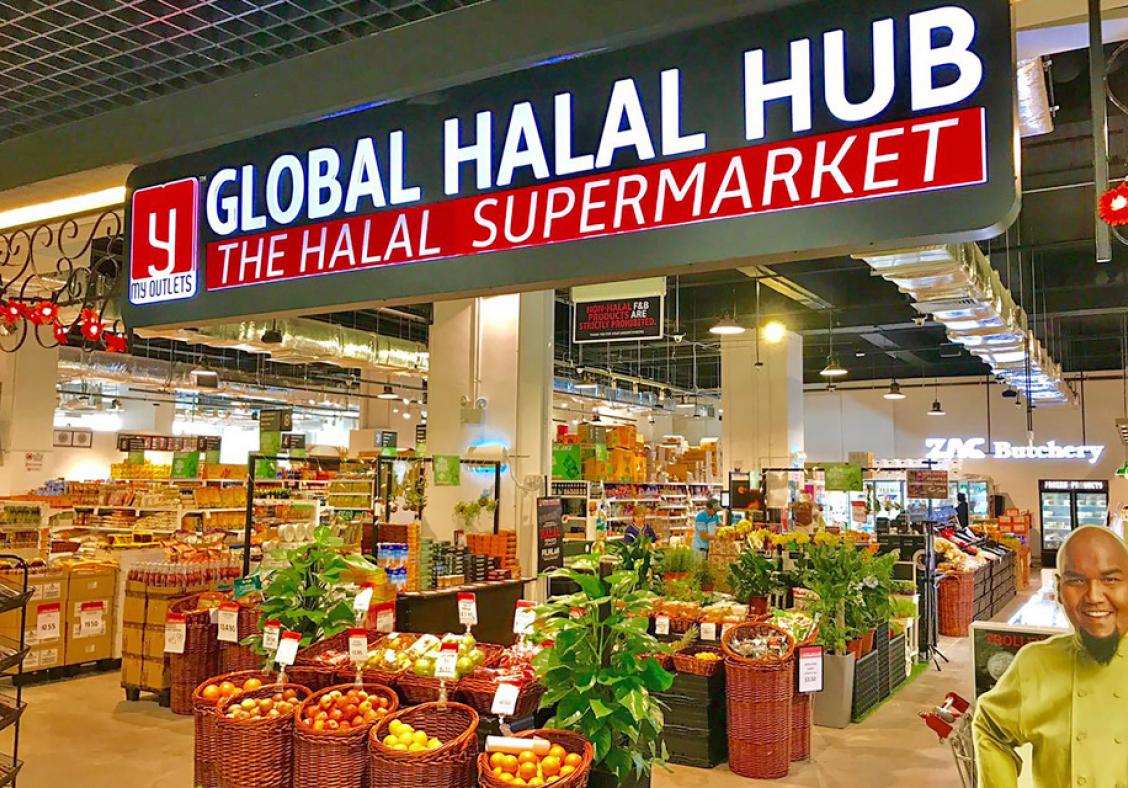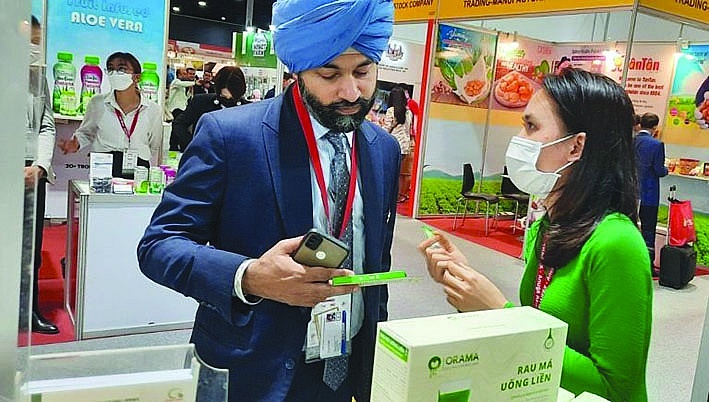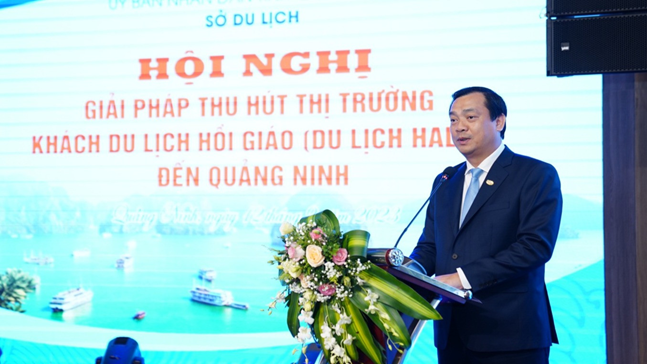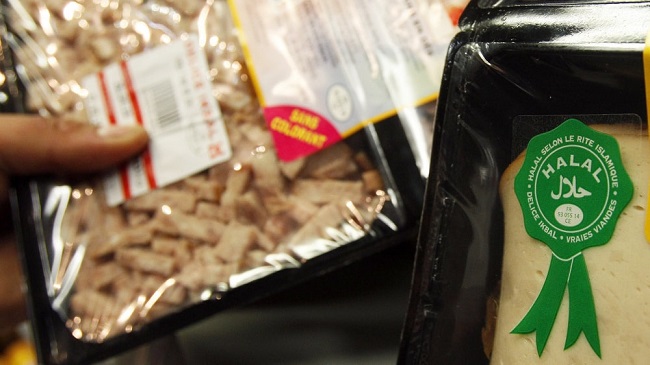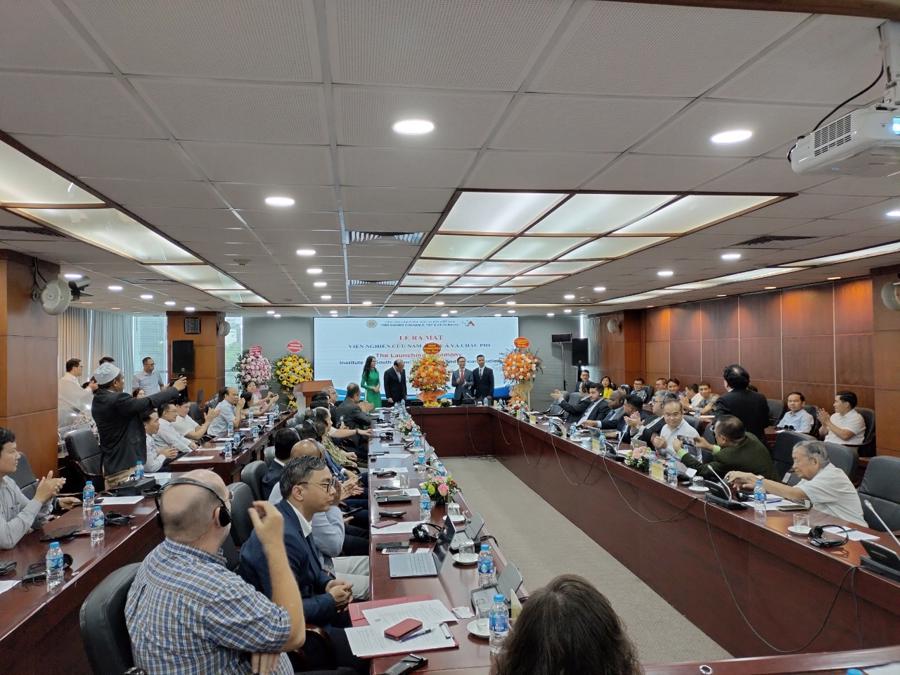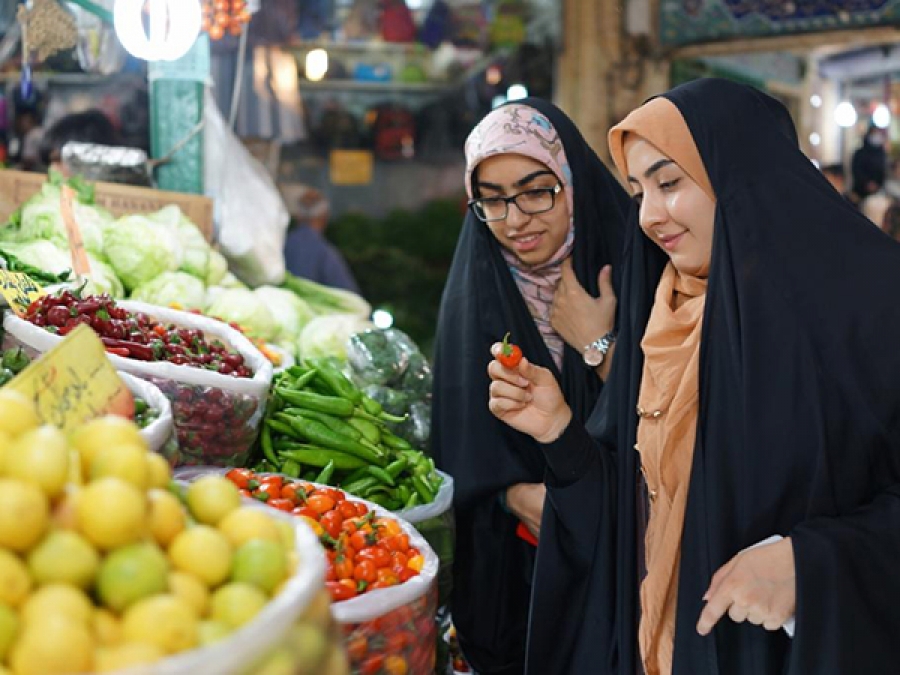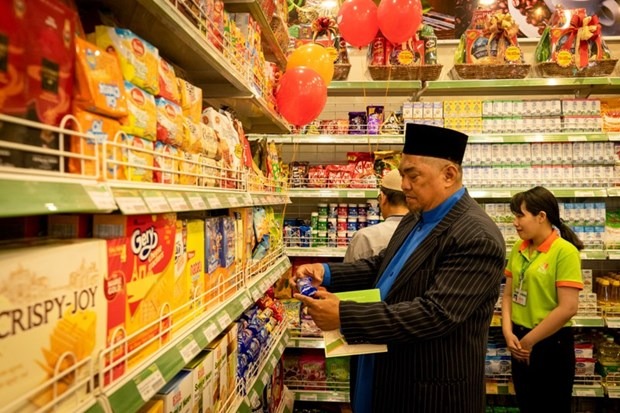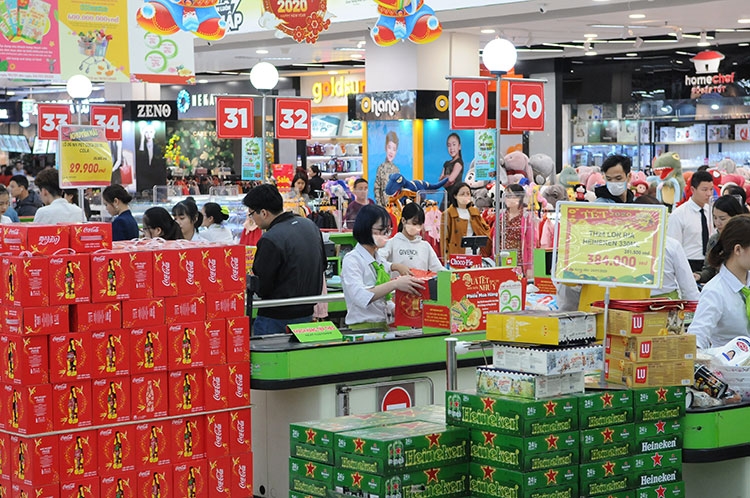The global Halal economy is expected to reach around 10 trillion USD before 2028, presenting a significant opportunity for Vietnamese businesses. In Arabic, “Halal” means “permissible” or “lawful,” aligning with Islamic norms and values. A product or service that meets Halal standards is confirmed through specific documentation (Halal certification) and a specific label (Halal stamp).
Vast Potential
Islamic countries have their own standards for Halal products, and there is currently no harmonization or mutual recognition among them. The most commonly used Halal standards are OIC/SMIIC from the Standards and Metrology Institute for Islamic Countries (affiliated with the Organization of Islamic Cooperation, OIC), GSO from the Gulf Cooperation Council’s Standardization Organization, and MS from Malaysia.
The global Halal economy was estimated to reach 7 trillion USD in 2022 and is projected to grow to approximately 10 trillion USD before 2028. Muslims make up around 24% of the world’s population, and this number could increase by an additional 3% by 2050. The 2020 Global Islamic Economy Report estimates that spending on Halal food will increase rapidly from 1.4 trillion USD in 2020 to 1.9 trillion USD by 2030 and nearly 5 trillion USD by 2050.
The market for Halal products is widespread globally, from Islamic to non-Islamic countries, and spending on Halal products is increasing. Interestingly, the largest Halal producers globally are not Islamic countries. According to a report released by IMARC Group in January 2023, the Halal food market was valued at over 2 trillion USD in 2022, exceeding projections for 2030.
Opportunities for Vietnam
Vietnam has great potential to produce and export Halal products due to its abundant raw materials and its strategic location in Asia, where 70% of the world’s 1.9 billion Muslims live. Currently, many countries with significant Muslim consumer markets or major Halal exporters (such as South Korea, Saudi Arabia, Indonesia, and Malaysia) are interested in cooperating with Vietnam in developing its Halal industry for domestic consumption and export.
Vietnam also has favorable conditions to develop the Halal sector, including its geographic location, strengths in agriculture, food, tourism, and services, and comprehensive integration into the global economy through participation in top regional economic partnerships. The Vietnamese government is highly supportive of helping local businesses effectively participate in the global Halal market.
Vietnam has additional opportunities to produce and export Halal food thanks to multiple free trade agreements (FTAs) it is part of. As a member of ASEAN, Vietnam is connected to important Halal markets in Asia. It is also part of the ASEAN Working Group on Halal Food, aiming to strengthen relationships with Halal consumer markets in the region. Vietnam and other ASEAN countries have started negotiating mutual recognition of Halal certification, which will help Vietnamese businesses obtain Halal certification more quickly and easily within the country. Additionally, Vietnam has engaged in bilateral discussions on Halal food with other ASEAN member countries.
Moreover, Vietnam’s FTAs, such as the Vietnam-EU Free Trade Agreement (EVFTA) and the Comprehensive and Progressive Agreement for Trans-Pacific Partnership (CPTPP), provide ideal conditions for foreign investors to access the Southeast Asian Halal food market through Vietnam.
Vietnam has established four national Halal standards (TCVN), which include: general requirements for Halal food, good agricultural practices for Halal producers, Halal feed, and requirements for Halal animal slaughtering. Additionally, the Ministry of Science and Technology has granted Halal certification to two organizations. The Ministry is working on creating a National Halal Certification Center and collaborating with Halal certification organizations from other countries to establish mutual recognition of technical standards. Standardizing Halal-related products is a crucial step to help Vietnamese Halal products better access the global Halal market and add value to Vietnam’s agricultural supply chain.
Positive Signs
According to the Vietnam Halal Center, Vietnam has the potential to produce Halal goods worth up to 34 billion USD for OIC countries. However, domestic businesses only meet a portion of OIC member needs, as they require Halal certification for their products. Halal certification is more complex than other certifications due to the rigorous inspection process and the absence of a unified international certification body, as each country has its own certification authorities. Therefore, Halal products must comply with both the producer and the receiving country’s standards, posing challenges for businesses in obtaining certification.
In recent years, there has been a positive trend, with nearly 1,000 Vietnamese businesses receiving Halal certification. The top 10 provinces and cities with the most certified businesses include Can Tho, Hanoi, Bac Lieu, Dong Thap, Phu Tho, Ben Tre, Vinh Phuc, Khanh Hoa, Ninh Thuan, and Kien Giang. The five fields with the most Halal-certified businesses are seafood, tea, sweets, sugar products, noodles, rice paper, and fruits/vegetables (fresh or dried).
On February 14, 2023, the Prime Minister issued a decision approving the project “Enhancing International Cooperation to Build and Develop the Halal Industry in Vietnam by 2030.” The Ministry of Foreign Affairs is tasked with leading the project in coordination with other ministries, sectors, localities, and businesses to tap into this potential Halal market.
Currently, the Ministry of Foreign Affairs has developed an action plan for 2023, focusing on major solutions like integrating Halal development into bilateral cooperation, promoting agreements to strengthen international cooperation on Halal, intensifying research and information dissemination on Halal—especially regarding trade policies, Islamic culture, and certification—and promoting trade and investment in Halal products and services. The Ministry also supports connecting localities and Vietnamese businesses with global Halal markets.
Furthermore, the Ministry actively collaborates with other ministries, sectors, and related provinces and cities to strengthen communication efforts, raising awareness among the public, businesses, and localities about the basics of Halal—such as its concept, standards, certification, market trends, culture, and business practices with Muslims.
In addition, the Ministry encourages local businesses to produce Halal-certified products and services, aligning with regional development strategies to deeply and effectively integrate into the global Halal market. Efforts are being made to promote the image and brand of Vietnamese Halal-certified products and services on the global Halal map, and to build a suitable management mechanism towards gradually establishing a legal framework for Halal certification, management, and standard development.
With a focus on economic diplomacy and development, the Ministry of Foreign Affairs, in its role as a “pioneer and companion,” will continue to collaborate with the Ministries of Agriculture and Rural Development, Science and Technology, Industry and Trade, and Home Affairs, and other relevant agencies to support localities and businesses in enhancing international cooperation to develop a comprehensive and professional Halal industry in Vietnam, aiming to unlock a large and potential market and infuse new vitality into the country’s sustainable economic development.
(Source: baoquocte.vn)

